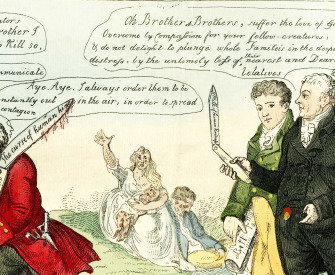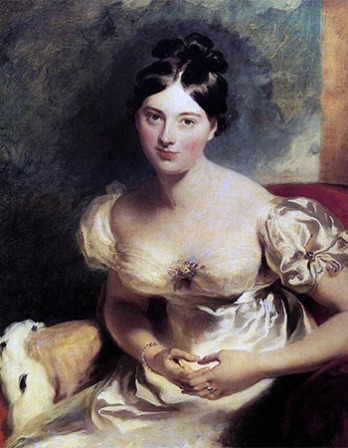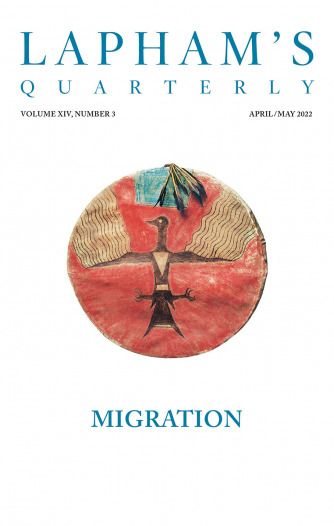My Dear Mrs. Brawne,
A few words will tell you what sort of a passage we had, and what situation we are in, and few they must be on account of the quarantine, our letters being liable to be opened for the purpose of fumigation at the health office. We have to remain in the vessel ten days and are at present shut in a tier of ships. The sea air has been beneficial to me about to as great an extent as squally weather and bad accommodations and provisions has done harm. So I am about as I was. Give my love to Fanny and tell her, if I were well there is enough in this port of Naples to fill a quire of paper—but it looks like a dream—every man who can row his boat and walk and talk seems a different being from myself. I do not feel in the world. It has been unfortunate for me that one of the passengers is a young lady in a consumption—her imprudence has vexed me very much—the knowledge of her complaints—the flushings in her face, all her bad symptoms have preyed upon me—they would have done so had I been in good health. I shall feel a load off me when the lady vanishes out of my sight. It is impossible to describe exactly in what state of health I am—at this moment I am suffering from indigestion very much, which makes such stuff of this letter. I would always wish you to think me a little worse than I really am; not being of a sanguine disposition, I am likely to succeed. If I do not recover, your regret will be softened—if I do, your pleasure will be doubled. I dare not fix my mind upon Fanny, I have not dared to think of her. The only comfort I have had that way has been in thinking for hours together of having the knife she gave me put in a silver case—the hair in a locket—and the pocketbook in a gold net. Show her this. I dare say no more. Yet you must not believe I am so ill as this letter may look, for if ever there was a person born without the faculty of hoping, I am he. O what an account I could give you of the Bay of Naples if I could once more feel myself a citizen of this world—I feel a spirit in my brain would lay it forth pleasantly—O what a misery it is to have an intellect in splints!
Yours sincerely and affectionate,
From a letter. In September 1820 the twenty-four-year-old poet headed to Rome in the hopes that the air would ease his worsening tuberculosis. On reaching Naples, the ship was quarantined for ten days due to an outbreak of typhus in London. Besides writing this letter to the mother of his fiancée, Fanny Brawne, Keats spent his time in the harbor conjuring up “more puns, in a sort of desperation, in one week than in any year of my life.” He died in February 1821, never having returned to England. This letter contains his final message to Brawne.
Back to Issue





